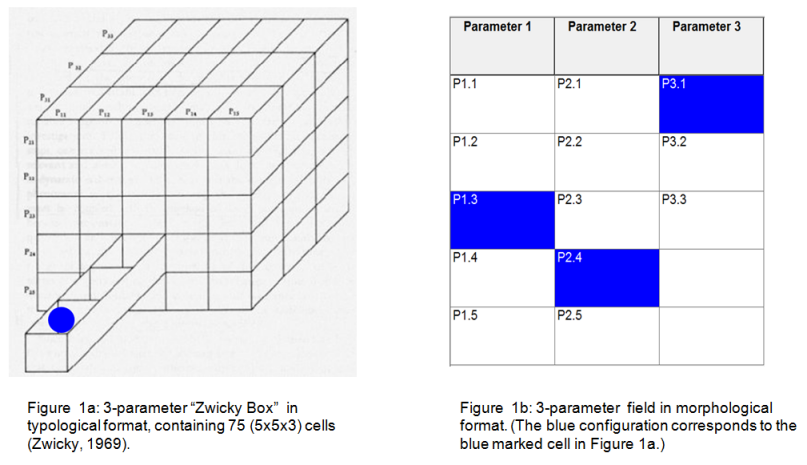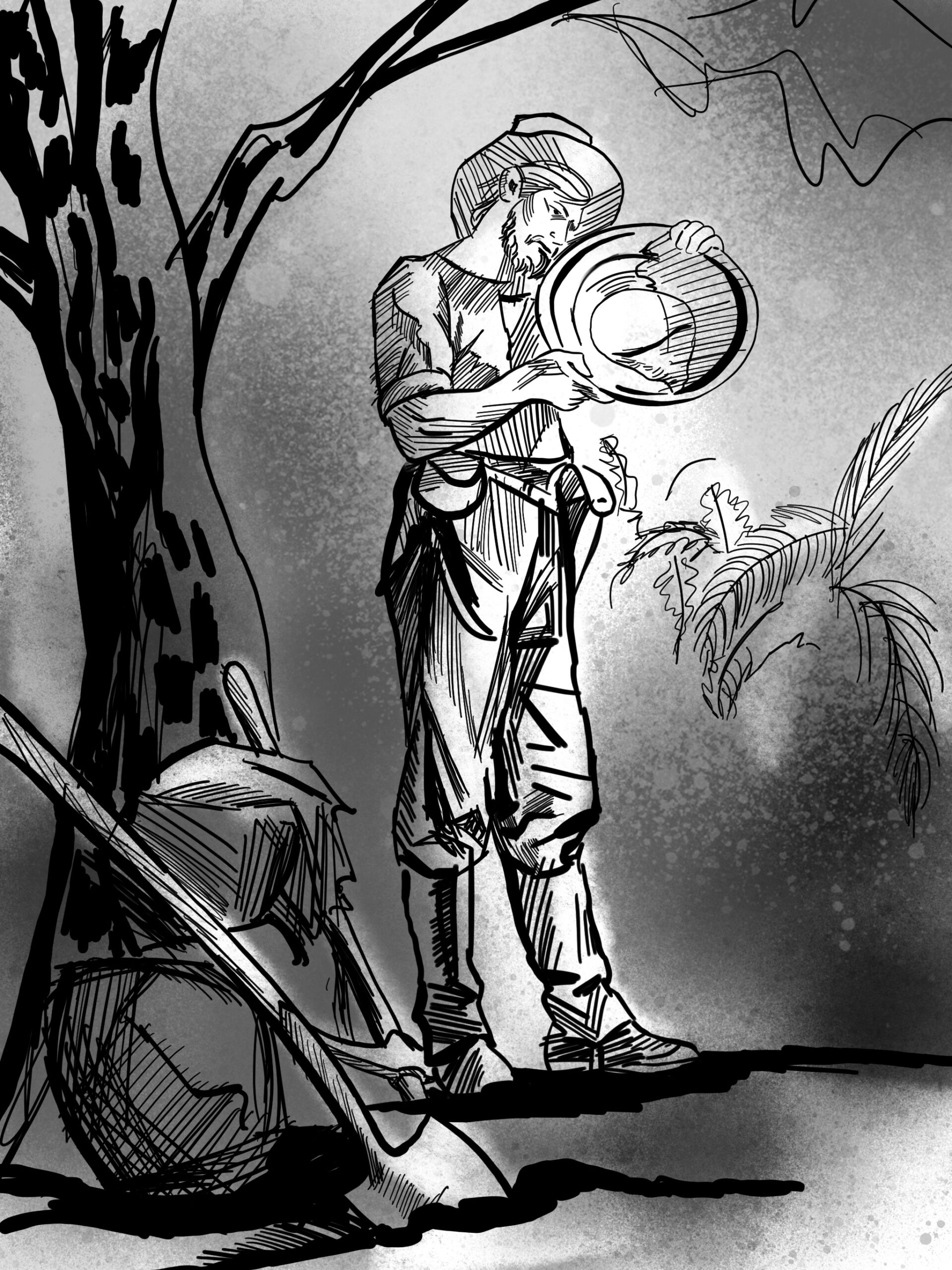Thought I would share what I instruct my undergraduate history students to do in their writing. I think that particulars and specificities help historians make arguments and tell stories. Here they go!
-
Use the past tense to describe historical events.
-
Ensure your statement is specific. Never use such phrases as: “Throughout history” “Back in the day” “Mankind” or “humankind”. Designate the time and place of where you are talking about.
-
Never say “History shows…”
-
Gender: Never use “she” to designate a country. Never use “he” or “man” to designate an individual.
-
Treat religion critically. You are writing as historians—not about all Christians, all Jews, all Muslims, all Chinese. Think about the context—where and when?
-
ALWAYS make sure your story is situated in a specific time and place. Instead of “Christianity has a reputation for religious war.” Say “In Europe in the 1100s, Pope Urban II called on Europeans to fight a crusade in the name of Christianity. This was the beginning of centuries of wars that Christians waged on behalf of their religion.”
-
Correlation and Causation: It is a very common error to misattribute the cause of certain phenomena. “Christianity began losing influence in the 1500s, which prompted a religious war between Catholics and Protestants.” No. Instead state what happened that truly started the Reformation, according to what other researchers have found: “Historians tend to cite Martin Luther’s 95 Theses as the beginning of the Protestant Reformation. His protest of indulgences resonated with many people, and began a movement that caused over 100 years of wars between Catholics and Protestants.”
-
If you don’t know why something happened, never guess. You may ask the question in your paper.
-
Avoid talking about religion in general unless you are discussing the secularization thesis or something.
-
Generalities: “religion” “history” “time” “people”—these words should never be the subject of a sentence.
-
Don’t try to connect everything together in a neat way. If they don’t connect, don’t force it. Or ask if they do.
-
After you write each of your example paragraphs, then add a sentence or two to transition from paragraph to paragraph.
-
Avoid the past imperfect—“Christianity has been blah blah blah throughout the years.” (Don’t make anything last from medieval Europe to now automatically.)






Leave a Reply